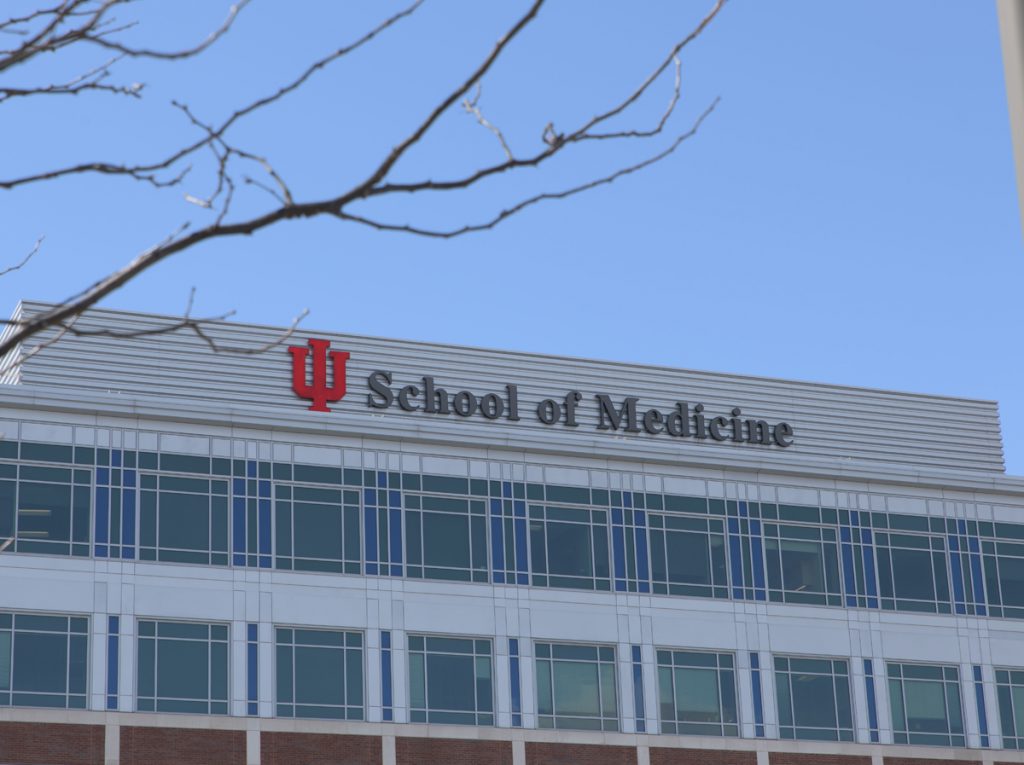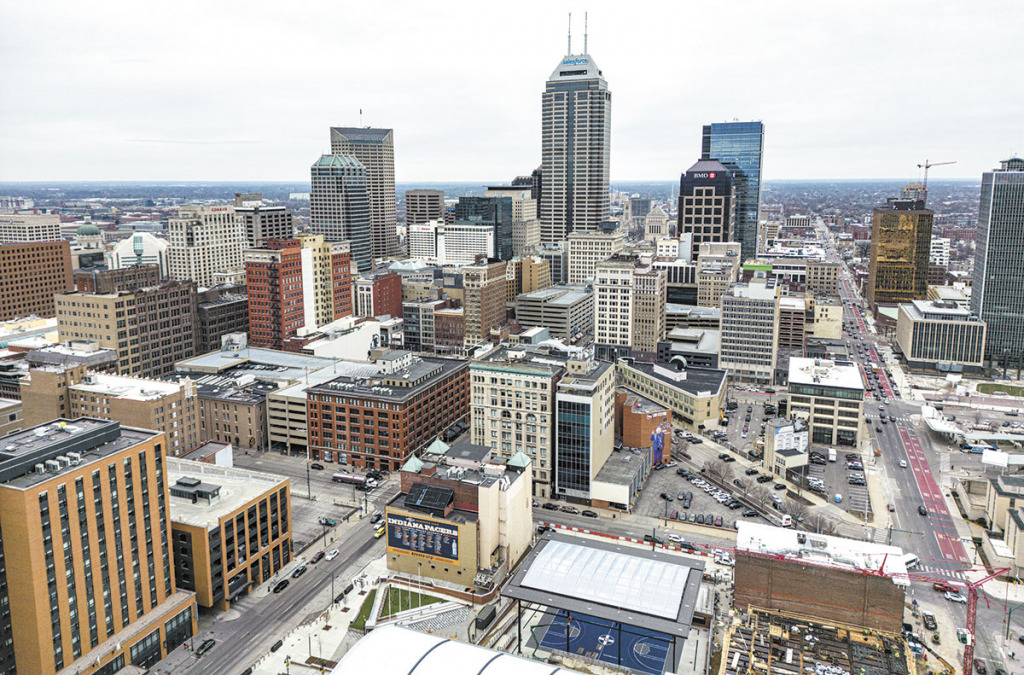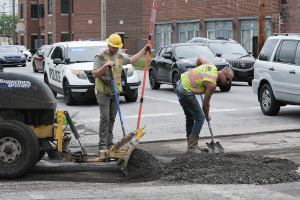
Senate passes Trump-backed government funding deal, sending to House
The Senate voted Friday to fund most of the government through the end of September while giving Congress two weeks to debate new restrictions on federal immigration raids across the country.



















